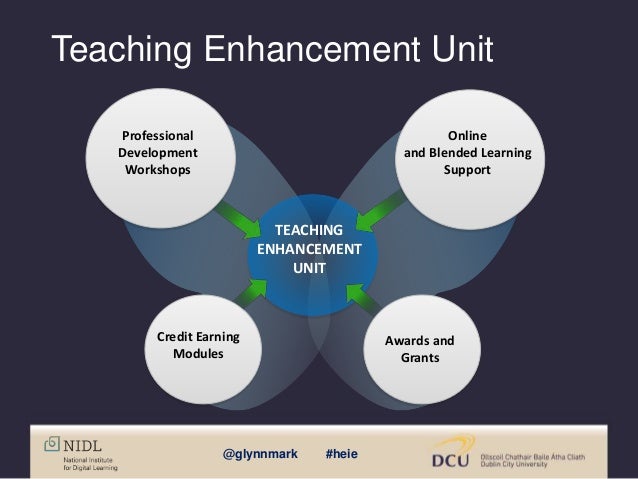

This makes it difficult for organizations to manage and analyze their data. The amount of information collected has never been greater, but it’s also more complex. The importance of data-driven decision-making Finally, having executive advocacy and a community that supports and makes data-driven decisions will encourage others to do the same.Įstablishing these core capabilities will help encourage data-driven decision-making across all job levels so business groups will regularly question and investigate information to discover powerful insights that drive action. It also requires proficiency, creating training and development opportunities for employees to learn data skills. Foundationally, this requires a self-service model, where people can access the data they need, balanced with security and governance.

People at every level have conversations that start with data and they develop their data skills through practice and application. Your organization needs to make data-driven decision-making the norm-creating a culture that encourages critical thinking and curiosity.

However, this is not achieved by simply choosing the appropriate analytics technology to identify the next strategic opportunity.
#Make informed decisions full#
When organizations realize the full value of their data, that means everyone-whether you’re a business analyst, sales manager, or human resource specialist-is empowered to make better decisions with data, every day. Reference Materials Toggle sub-navigationĭata-driven decision-making (DDDM) is defined as using facts, metrics, and data to guide strategic business decisions that align with your goals, objectives, and initiatives.Teams and Organizations Toggle sub-navigation.


 0 kommentar(er)
0 kommentar(er)
